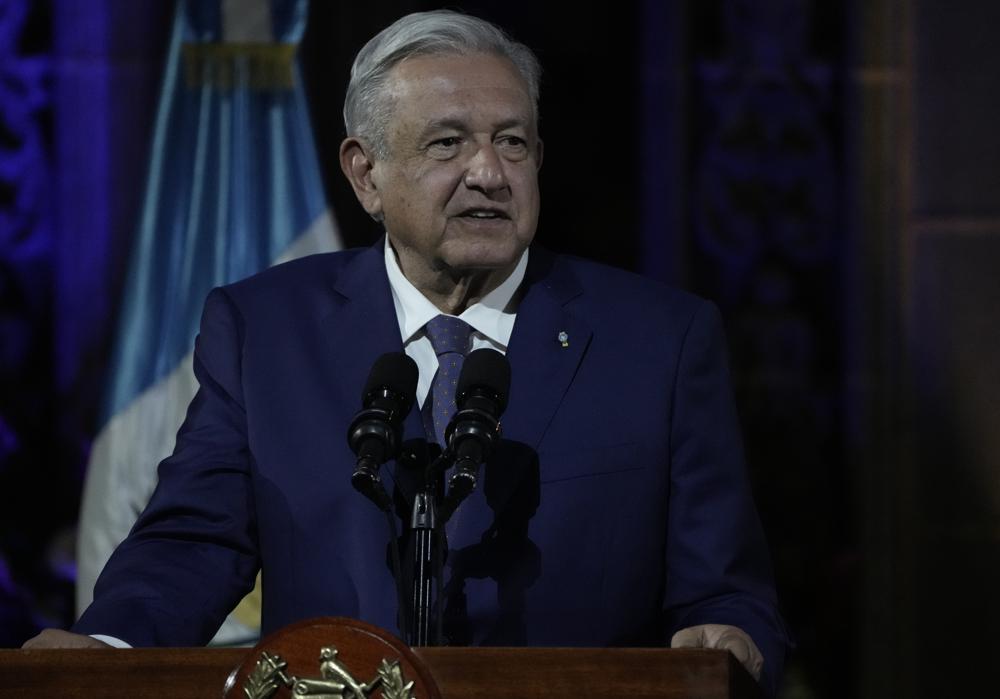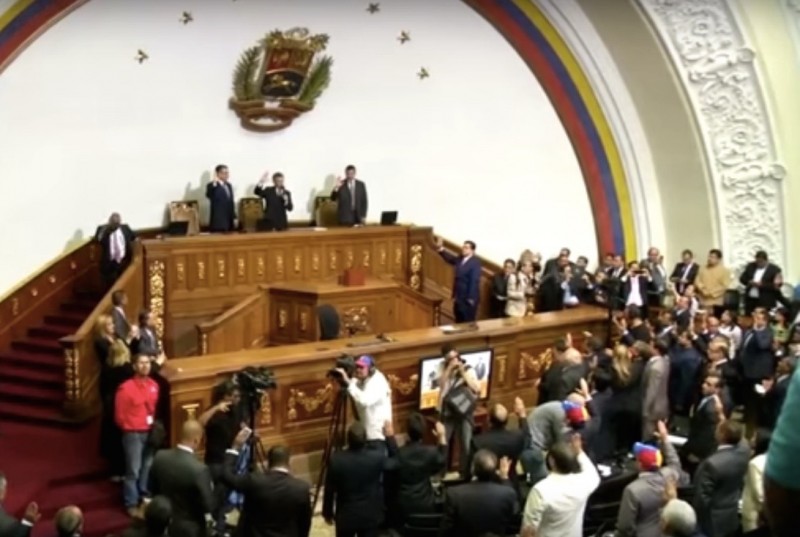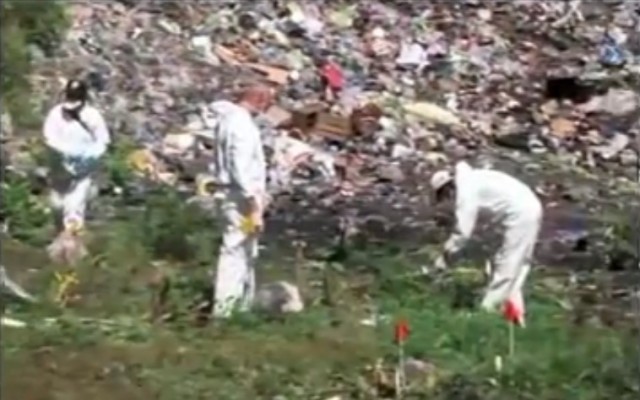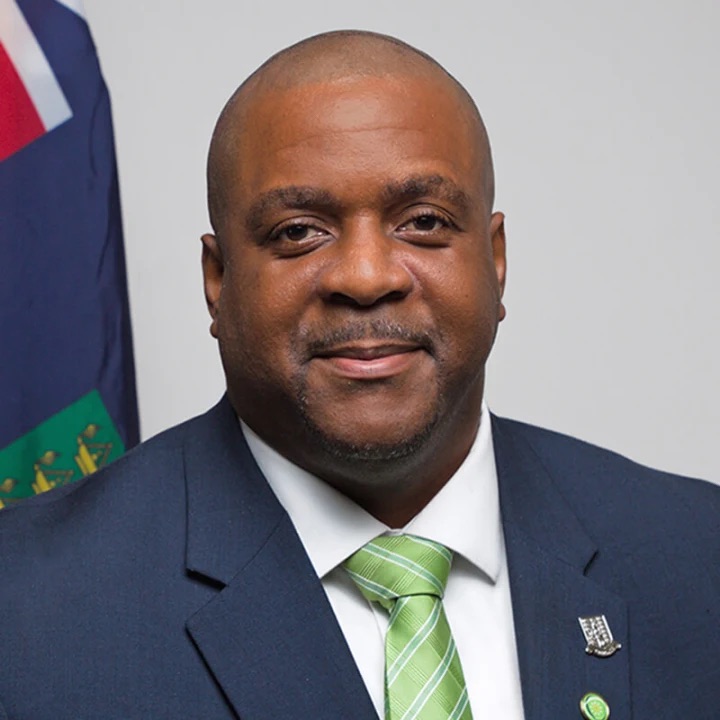
Latin America: Week in Review
Mexican president Andrés Manuel López Obrador tours Central America and Cuba
May 8, 2022 By Staff
THIS WEEK IN LATIN AMERICA
CENTRAL AMERICA/MEXICO: Mexican President Andrés Manuel López Obrador toured Central America and Cuba as part of his government’s strategy to strengthen relations with the Latin American countries. His tour of Guatemala, El Salvador, Honduras, Belize, and Cuba ran from May 5th to the 8th, with Cuba as his final stop.
During the tour, AMLO discussed ways to develop opportunities in the region that would contribute to the prevention of irregular migration, and that aim at finding solutions to the region’s problems with poverty, inequality, and violence.
During his visit to Cuba on Sunday AMLO emphasized to the U.S. that no country should be left out of the U.S.-hosted Summit of the Americas in June. The U.S. government stated that Cuba, Venezuela, and Nicaragua would likely be excluded from the summit because the event is intended for western hemisphere democracies. AMLO also said that Mexico would continue to pressure the U.S. to lift its embargo against Cuba.
SOUTHERN CONE
ARGENTINA: Feminist activists protested on Tuesday in support of nuns who filed a legal complaint of gender-based violence against high-ranking clergy in the northwestern city of Salta. Eighteen Carmelite nuns have accused the archbishop of Salta, as well as a bishop emeritus and a vicar, of “physical, psychological and economic violence”. The archbishop has denied the allegations.
The protesters gathered in front of the Convent of St. Bernard holding signs that read “Hermana, sí te creo” (Sister, I do believe you). Organizers scheduled the protest for the day the accused were due to appear in court. However, the hearing was postponed to allow the archbishop to attend the Episcopal Conference of Argentina. The court has not yet set a new date for the hearing.
BRAZIL: Deforestation in the Amazon hit a record high for April, according to government data released on Friday. There was a loss of 390 square miles of rainforest last month, an almost 75% increase on the previous April record of 224 square miles set in 2021.
This year has also seen record deforestation over the first four months of 2022. The Brazilian Amazon lost 754 square miles of forest – an area more than twice the size of New York – from January through April. This was a 69% increase compared to the same period last year.
Rates of deforestation in the Brazilian Amazon have surged during the presidency of Jair Bolsonaro. The president has encouraged increased mining and farming in the rainforest.
ANDES
PERU: Peru’s congress on Friday rejected a bill put forward by President Pedro Castillo to redraft the country’s 1993 constitution. The proposal, which was turned down with 11 dissenting votes and six votes in favor, would have called a national referendum to vote on the creation of a constitutional assembly to rewrite Peru’s neoliberal-era constitution.
With the bill, Castillo hoped to fulfill a campaign promise of increasing the state’s role in the national economy. Castillo’s nine months in office have been characterized by a high degree of congressional opposition and political instability. At a time of increasing economic precarity, a recent survey by Ipsos Peru showed that only 7% of the population thought a new constitution should be a priority.
VENEZUELA: The Associated Press on Thursday reported that a former mayor of the Venezuelan port city of Guanta, Jhonnathan Marín, had surrendered in Miami on charges involving bribery while in office. Marín was at one time an ally of former president Hugo Chávez, but resigned and fled the country in 2017 in the midst of an anti-corruption purge at the state-owned oil company PDVSA.
Believed to be living in Mexico, Marín turned himself in on April 25 in Miami and was later released on a $100,000 bond. The former mayor is accused of helping an unnamed businessman pay bribes in return for lucrative contracts with PDVSA and foreign energy companies, including U.S.-based Chevron, France’s Total, and unidentified Chinese and Russian firms.
CARIBBEAN
CUBA: A suspected gas explosion at a popular five-star hotel in La Habana on Friday has killed at least 31 people, according to government reports released on Sunday evening. The blast at Hotel Saratoga also injured more than 50 persons, 24 of whom remain hospitalized. Rescue crews continue to search for people who may still be trapped under the rubble.
The late morning explosion discharged outer wall debris into the streets, endangering passers-by and damaging buildings in the vicinity.
No tourists were at the hotel, which has been closed for two years due to the COVID-19 pandemic. However, workers conducting repairs ahead of the hotel’s planned reopening on May 10 were inside the building and are among the victims of the explosion.
MARTINIQUE: Police on Tuesday arrested five activists accused of toppling statues of French settlers on the island. The activists allegedly belong to the Rouge Vert Noir (Red, Green, Black) Movement, a Martiniquan nationalist group. The arrests were the result of a judicial investigation into the acts that took place in 2020.
In July 2020, protesters tore down statues of Joséphine de Beauharnais – who was Napoleon’s first wife and whose family owned a sugarcane plantation on the island – and Pierre Belain d’Esnambuc – a colonizer who claimed the island for the French monarchy in 1635.
These incidents followed the more controversial destruction of two statues commemorating French abolitionist Victor Schoelcher in May 2020.
Martinique is a French territory with a special administrative status.
CENTRAL AMERICA
NICARAGUA: President Manuel Ortega’s son, Laureano, has been reaching out in recent months to the Biden administration seeking to re-establish relations with the U.S. Biden’s government sanctioned 10 Nicaraguan officials, and accused Ortega of running a sham election in November.
Not long after Russia’s invasion of Ukraine, Laureano Ortega quietly reached out to Washington interested in discussing sanction relief for his family and their inner circle in exchange for releasing political prisoners.
A U.S. State Department official said that if the Ortegas are willing to discuss the release of political prisoners, Washington will engage. Otherwise, Washington is prepared to apply more sanctions in the future.
NORTH AMERICA
MEXICO: The dead body of Mexican journalist Luis Enrique Ramírez Ramos was found on Thursday in the northern state of Sinaloa. His body was found on a dirt road, wrapped in black plastic. Prosecutors said that he died from multiple blows to the head. This is the ninth media worker killed so far this year.
Due to this latest action against a Mexican media worker, the Inter American Press Association urged the Mexican government to stop delaying concrete actions to stop the violence against journalists and protect their lives. The association had already requested that the Mexican authorities improve their systems of protection for journalists.
UNITED STATES: The Pew Research Center released on Monday a report that shows that nearly 6 million people in the U.S. identify as Afro-Latino. That counts as an estimated 2% percent of the adult U.S. population and 12% of the country’s adult Latino population.
The report revealed that about 800,000 Afro-Latino adults do not identify as Hispanic. The multiple dimensions of Latino identity reflect Latin America’s extensive colonial history when mixing occurred among indigenous Americans, White Europeans, Asians, and enslaved people from Africa.





